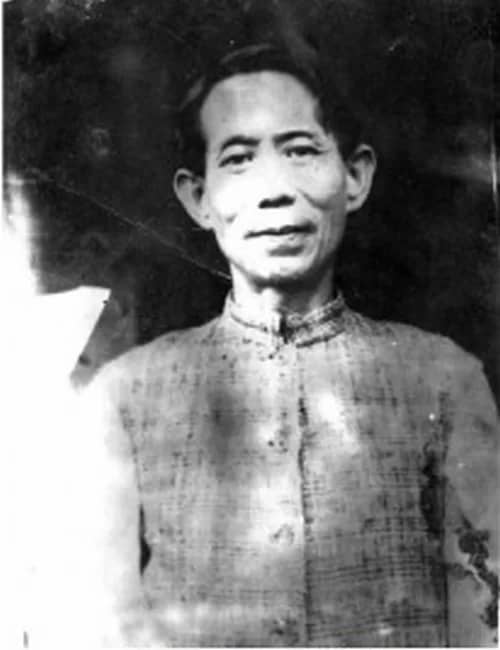Today, we honor Hijam Irabot (September 30, 1896 – September 26, 1951), a prominent figure in Manipur’s history and a pivotal leader of the Communist Party of India. Known as “Jana Neta” or “People’s Leader,” Irabot dedicated his life to social reform and the fight against injustice, leaving a lasting impact on Manipuri society and politics.

Irabot’s political journey began in the 1930s when he became involved with the Nikhil Manipuri Mahasabha, transforming it from a regional organization into a political party that advocated for the rights of Manipuris. His growing influence led to a rejection of proposed legislative reforms by the Manipur State Durbar, which underscored the tension between the monarchy and emerging nationalist sentiments.
The socio-political climate of the late 1930s saw Irabot actively participate in the Second Nupi Lan (Women’s Rising) of 1939, a movement against the exploitation of women and broader social injustices. His activism resulted in imprisonment, during which he met notable communist leaders who further shaped his revolutionary ideas.
Post-release in 1943, Irabot continued his activism in the Cachar district, organizing peasants and advocating for their rights, embodying the principles of the Kisan (farmers’) movements. His efforts included cultural initiatives and participation in the first congress of the Communist Party of India, reflecting his commitment to a unified socialist vision.
In the 1948 elections, Irabot’s popularity surged, winning a seat in the Manipur Assembly. However, the political landscape remained turbulent, culminating in confrontations with state authorities, particularly concerning the controversial formation of Purbachal Pradesh.
Despite being labeled a dissident, Irabot’s spirit of resistance did not wane. He established an underground Communist Party of Manipur, advocating for armed struggle against oppressive governance. His life tragically ended in 1951, but his contributions to social justice, political awareness, and the empowerment of the Manipuri people remain influential.
Irabot’s teachings emphasize the importance of grassroots activism, collective action, and social justice. He championed the rights of farmers, women, and the marginalized, highlighting the interconnectedness of various struggles. His commitment to education and political consciousness laid the groundwork for future movements in Manipur.
Irabot’s involvement in movements like the Nupi Lan underscores the critical role of women in social change. His advocacy for political reform aimed to dismantle oppressive structures and empower local governance. By uniting diverse communities, he demonstrated that collaboration is vital for achieving lasting change.
As we reflect on Irabot’s legacy, his teachings offer valuable lessons for contemporary Manipur. The ongoing conflicts in the region demand a renewed focus on dialogue, inclusivity, and community engagement. By embracing Irabot’s ideals of social justice and political empowerment, we can work towards a peaceful resolution of tensions.
Hijam Irabot’s legacy is a testament to his dedication to social change and political empowerment. As we commemorate his 127th birth anniversary, we reflect on his unwavering commitment to justice and equality, principles that continue to inspire generations in Manipur and beyond. His life serves as a powerful reminder of the enduring quest for a fair society and the responsibility we share in bringing about lasting peace.


